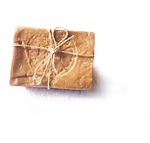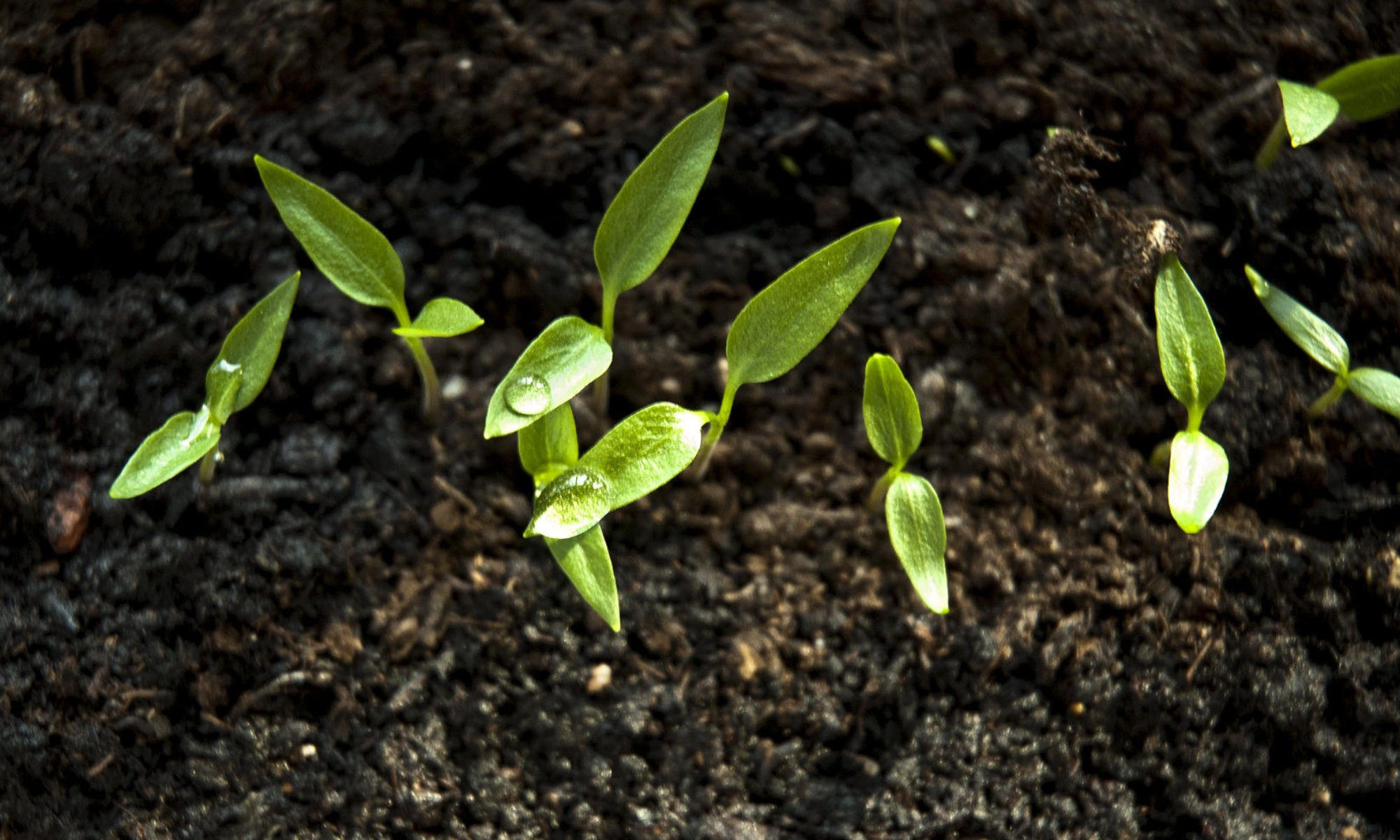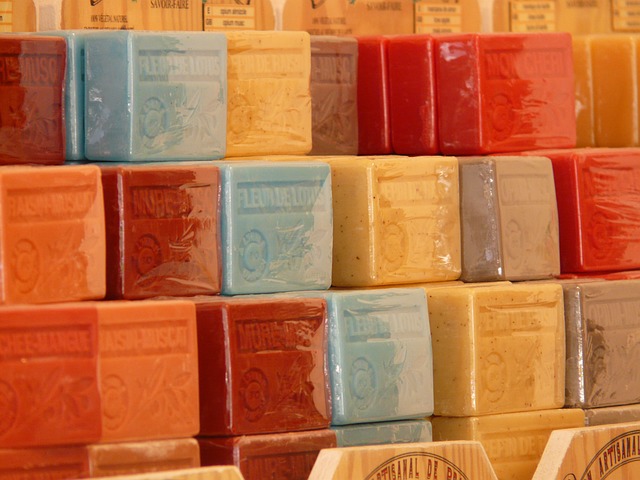The REAL story behind commercial soap? You’ll be surprised, or maybe you won’t be! Read on….
The modern industrial process has drastically changed what we call “soap”. Modern manufacturing methods are causing concern for our environment and waterways.
The industrial manufacturing process is more focused on quantity, production levels and returns on investment rather than with customer satisfaction, skin care, or environmental issues. Raw materials are chosen for their cost versus skin care properties or environmental issues.
As a matter of fact, most commercial soaps these days are made from food industry waste, particularly low-value products of the meat industry. To keep up with quantities, a total automated process is required which manipulates base ingredients by adding synthetic additives that have nothing to do with real soap or skin care.
They then manipulate ph, hardness, color, and lather to extend the shelf life to unnatural time lines. Glycerine is removed and sold as a separate commodity. After vacuum drying, cooling, and solidifying, the “soap” is crushed and milled to create a moldable paste, which is then treated with synthetic color, perfumes, sudsing, sequestering, and chelating agents.
Finally with the addition of synthetic lubricants, the soap mass is extruded into bars and pressed into the final shape and are marketed as “beauty bars”. Is it any wonder that doctors and skin care specialists often recommend not to use commercial soap if you have skin problems?

Handmade soap is a natural and refreshing alternative! For those who are environmentally conscious, the possibility of choosing natural and locally available products is an extra bonus to the wonderful skin care properties of natural soap.
Each batch of soap starts from scratch and incorporates the highest quality plant-based ingredients. Base oils could be individual or a combination of olive oil and coconut oil with some additions of other oils, such as rosehip, chosen for their skin care benefits.
Many handmade soap batches incorporate herbs and flowers , which are chosen for their skin care properties and are free of synthetics, perfumes, fragrance oils, and dyes.
Each batch of handmade soap is preserved naturally and scented with pure essential oils that have additional skin care benefits, and individually tested to ensure the right ph level for skin. All of the naturally occurring glycerin produced during the soap making process is retained in every bar.
So the next time you walk in the store to buy commercial soap, consider the handmade alternative that has been crafted with loving attention to details.
Excerpt reprinted with permission from Cloverleaf Cooperative

